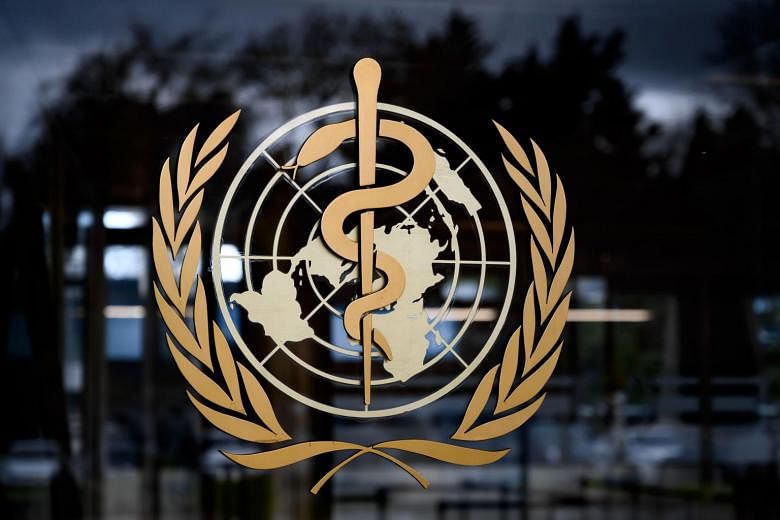MANILA - The World Health Organisation (WHO) on Tuesday (April 21) advised countries in the Asia-Pacific to prepare for a "new normal" as they plan ahead and lift lockdowns put in place to check the spread of the coronavirus.
There will be no quick return to how things were, Dr Takeshi Kasai, the WHO's regional director for the Western Pacific, said in an online news conference.
"We need to ready ourselves for a new way of living for the foreseeable future. Our lives and approach to stopping transmission must continue to adapt and evolve along with the (pandemic). At least until a vaccine, or a very effective treatment, is found, this process will need to become our new normal," he said.
There are over 130,000 confirmed cases in 22 countries and territories in the region, and at least 5,000 of them have died from Covid-19, the disease the virus causes.
Lockdowns with draconian stay-at-home and social distancing measures imposed on billions across Asia have been effective, said Dr Kasai.
Some countries have slowed the doubling time of infections, while others have kept their numbers down or under control.
"Today, we appear to have no widespread community transmissions in the region," he said.
But lifting lockdowns must be gradual.
"There's no one-size-fits-all approach to doing this. But the lifting of lockdowns needs to be done gradually. I'm sure nobody wants to see another spike (in infections) by lifting restrictions too soon," said Dr Kasai.
He said this would entail a new way of living.
Dr Kasai cited nations like Singapore and Japan, which had been seeing a new wave of infections after managing to control the virus' spread early on.
He said Singapore's experience showed that countries needed to cover every corner of their borders in their efforts to combat the virus and pay close attention to vulnerable sectors like migrant workers.
Singapore reported 1,111 new coronavirus cases on Tuesday, after a record 1,426 cases on Monday, mostly among foreign workers on both days, pushing its total number of confirmed infections to 9,125.
It now has the highest number of cases in South-east Asia, a massive increase from just 200 infections on March 15, when its outbreak appeared to be nearly under control. About 4,000 cases have been reported in just the past four days.
Low-wage migrant workers, a vital part of Singapore's workforce, now account for at least 60 per cent of its infections.
"Singapore has a very strong system. It's a very challenging situation. But I'm sure control measures would eventually make this difficult situation under control," said Dr Kasai.
He said Singapore and other nations in the region would have to make "extremely complex decisions" that would strike a balance between measures to contain the pandemic and enable vital parts of economies to function once more.
"On one hand, we really want to control this disease. But on the other hand, we want to make sure economies are sustained," he said.
Companies would have to come up with new ways to keep going while keeping their workplaces safe, such as making "work from home" arrangements a permanent part of their operations.
Social distancing and avoiding going out in public as much as possible would have to be the norm for an extended period of time.
"We look forward to the day when we can once again hug our friends or go to birthday parties and enjoy community events. But for now, we appeal to people… to play their part in building a new way of life… It's not really the right time to relax," he said.
Dr Kasai also warned that the epidemic must not disrupt vaccination programmes against other diseases like polio, measles and rubella.
"If we allow Covid-19 to disrupt immunisation programmes, our region could face a new crisis at a time when health systems are already strained," he warned.












